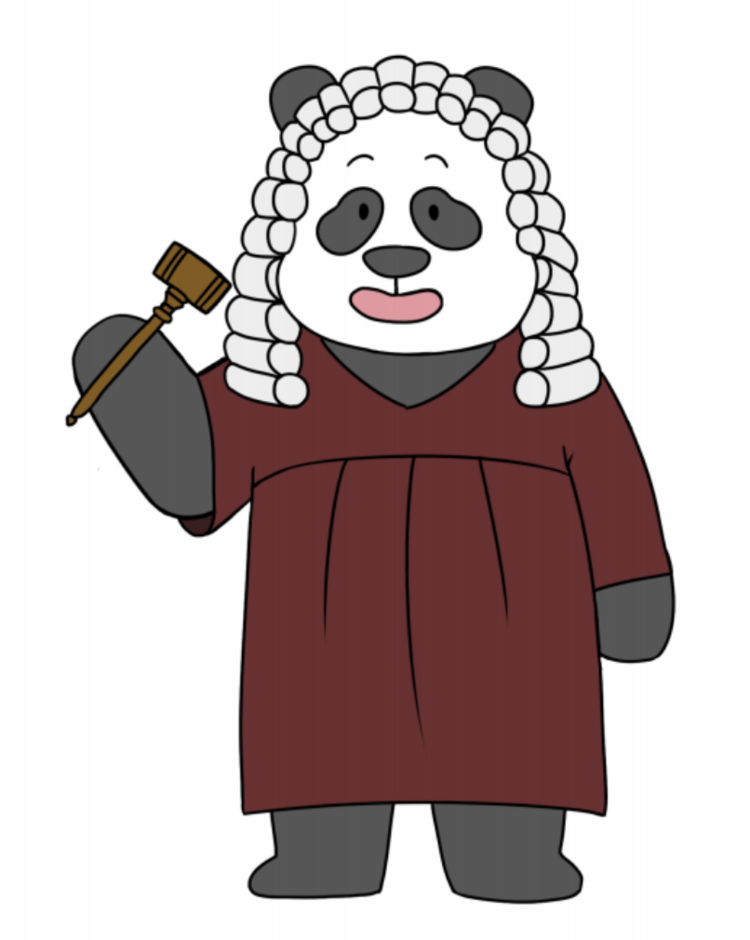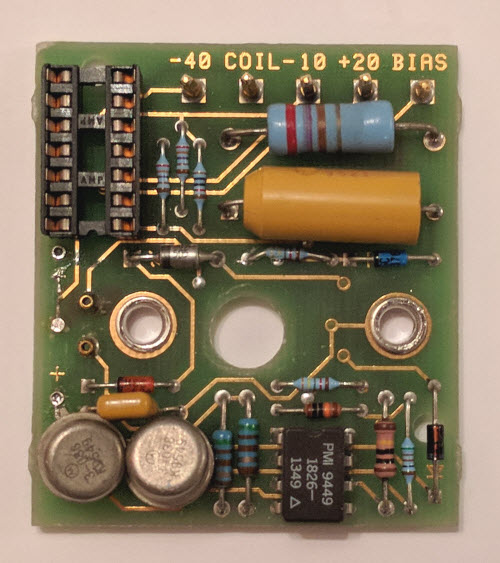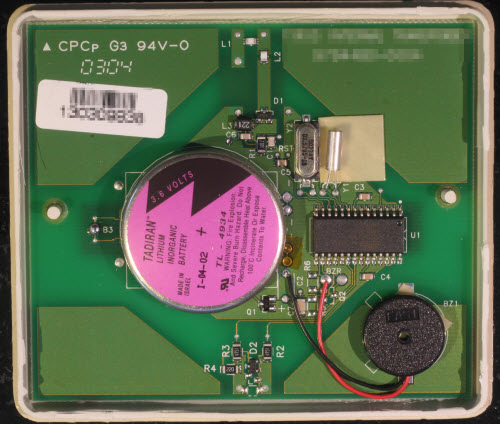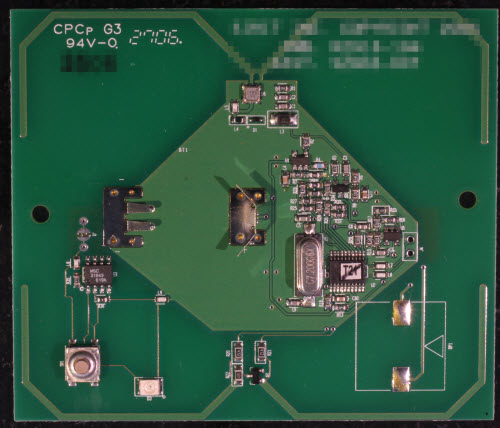A prevailing notion among open source developers is that “patents are bad for open source”, which means they can be safely ignored by everyone without consequence. Unfortunately, there is no way to opt-out of patents. Even if an entire community has agreed to share ideas and not patent them, there is nothing in practice that stops a troll from outside the community cherry-picking ideas and attempting to patent them. It turns out that patent examiners spend about 12 hours on average to review a patent, which is only enough time to search the existing patent database for prior art. That’s right — they don’t check github, academic journals, or even do a simple Google search for key words.
Once a patent has been granted, even with extensive evidence of prior art, it is an expensive process to challenge it. The asymmetry of the cost to file a patent — around $300 — versus the cost to challenge an improperly granted patent — around $15,000-$20,000 — creates an opportunity for trolls to patent-spam innovative open source ideas, and even if only a fraction of the patent-spam is granted, it’s still profitable to shake down communities for multiple individual settlements that are each somewhat less than the cost to challenge the patent.
Even though in practice open source developers are “in the right” that the publication and sharing of ideas creates prior art, in practice the fact that the community routinely shuns patents means our increasingly valuable ideas are only becoming more vulnerable to trolling. Many efforts have been launched to create prior art archives, but unfortunately, examiners are not required to search them, so in practice these archives offer little to no protection against patent spamming.
The co-founder of Chibitronics, Jie Qi, was a victim of not one but two instances of patent-spam on her circuit sticker invention. In one case, a crowdfunding backer patented her idea, and in another, a large company (Google) attempted to patent her idea after encountering it in a job interview. In response to this, Jie spent a couple years studying patent law and working with law clinics to understand her rights. She’s started a website, Patent Pandas, to share her findings and create a resource for other small-time and open source innovators who are in similar dilemmas.
As Jie’s experience demonstrates, you can’t opt-out of patents. Simply being open is unfortunately not good enough to prevent trolls from patent-spamming your inventions, and copyright licenses like BSD are well, copyright licenses, so they aren’t much help when it comes to patents: copyrights protect the expression of ideas, not the ideas themselves. Only patents can protect functional concepts.
Learn more about patents, your rights, and what you can do about them in a friendly, approachable manner by visiting Patent Pandas!



